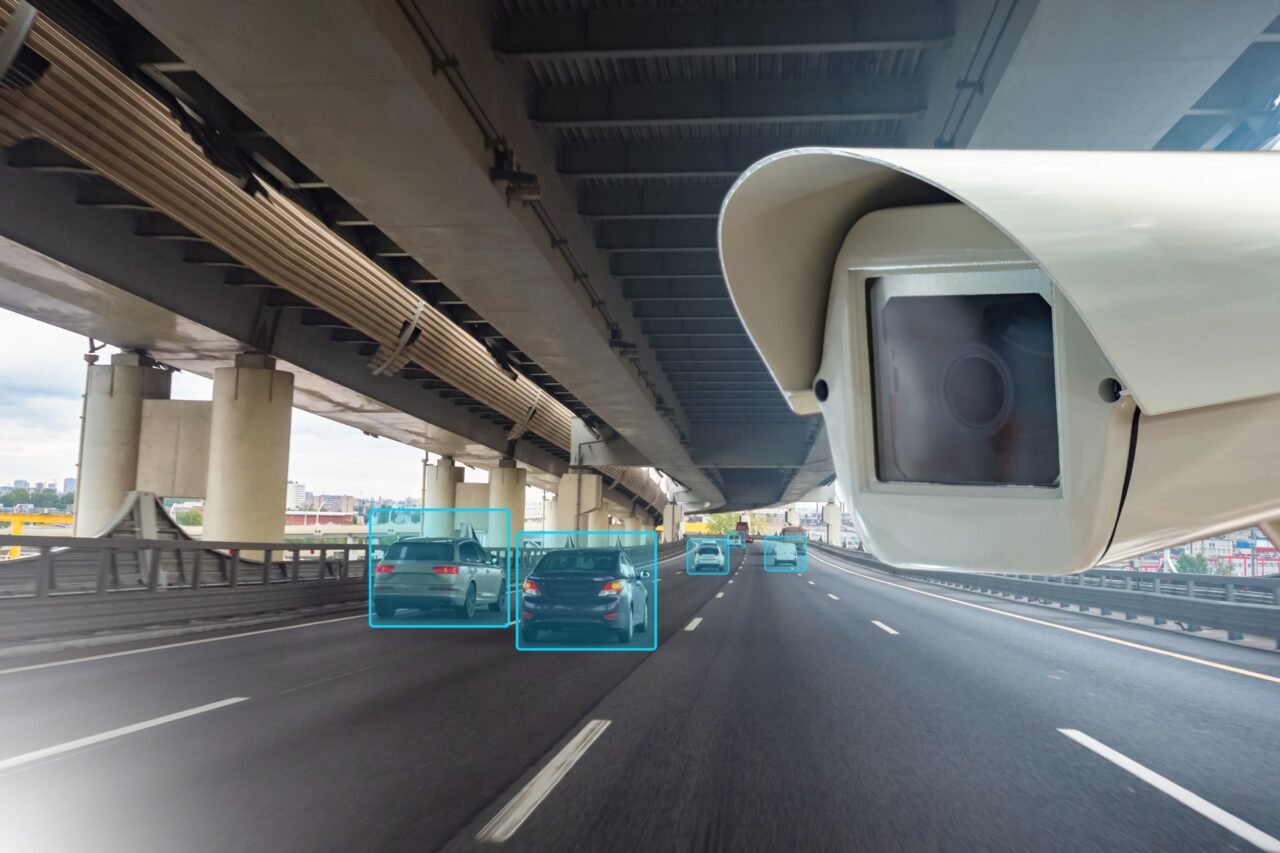Top Stories
Urgent Surveillance Alert for 7 Million Who Attended Protests

UPDATE: If you were among the estimated 7 million people who participated in the “No Kings” protests this past weekend, you may be under increased surveillance. Authorities, including the NYPD, reported zero protest-related arrests in New York City, but political rhetoric is heating up, framing these peaceful demonstrations as threats to national security.
BREAKING: Officials are ramping up surveillance tactics in response to the protests. Speaker of the House Mike Johnson labeled the gatherings as “hate America” rallies, while Secretary of Transportation Sean Duffy suggested they are part of an “antifa” agenda funded by dark money. This alarming narrative is compounded by a Trump executive order aimed at identifying and disrupting financial networks associated with what the administration deems “domestic terrorism.”
As protests unfolded in major cities like Los Angeles, where arrests remained in the single digits, the potential for digital surveillance has raised concerns among civil liberties advocates. Ryan Shapiro, executive director of Property of the People, warned, “The Trump regime would have us believe that somehow peaceful, pro-democracy protesters are terrorists.” This rhetoric is creating an atmosphere of fear surrounding lawful assembly and self-expression.
Here’s what participants need to know about the surveillance landscape following the protests:
Location Tracking Risks: If you drove to the protests, your vehicle’s movements may have been captured by automated license plate reader systems (ALPRs). These systems can track cars through both fixed cameras and police cruisers. Using public transit may provide some safety, but transactions made with cards linked to your identity could also expose your location.
Your smartphone is another potential tracking device. Even if you kept it in airplane mode, apps can store GPS data and transmit it once you reconnect to the internet. Law enforcement agencies may use techniques like “stingrays” to track cell phone locations, raising concerns about privacy for demonstrators.
Facial Recognition Surveillance: If you shared photos from the protests without blurring faces, you may have unintentionally exposed yourself to law enforcement scrutiny. According to the Electronic Frontier Foundation (EFF), images posted online can be accessed by agencies like the Department of Homeland Security (DHS) and U.S. Immigration and Customs Enforcement (ICE). Tools like Image Scrubber can help protect your identity by obscuring faces and removing identifying metadata from your photos.
However, even if you didn’t post pictures, police often take their own images during protests, sometimes using drone technology. The EFF notes that law enforcement utilizes social media photos to gather intelligence on protestors, which raises significant concerns about privacy rights.
Clearview AI and Data Firms: Surveillance practices may also include the use of software like Clearview AI, which scans vast databases of images to identify individuals. Such practices are currently banned in several states, including Vermont and Illinois, but they are still in use in many areas. Furthermore, reports indicate that the data firm Palantir is collaborating with the Trump Administration to establish a comprehensive database on Americans, raising alarm bells about the potential for misuse of personal information.
As authorities increase their focus on protestors, the implications for civil liberties are profound. Activists urge demonstrators to remain vigilant about their digital footprints, emphasizing the importance of privacy in democratic engagement.
What Happens Next: As tensions rise in the political landscape, participants in the “No Kings” protests should consider the potential for ongoing surveillance and the implications for future gatherings. With heightened scrutiny from government officials and law enforcement, maintaining anonymity and understanding surveillance risks will be critical for those exercising their rights to protest.
Stay informed and remain aware of your rights as the situation develops.
-

 Science2 weeks ago
Science2 weeks agoIROS 2025 to Showcase Cutting-Edge Robotics Innovations in China
-

 Politics2 weeks ago
Politics2 weeks agoJudge Considers Dismissal of Chelsea Housing Case Citing AI Flaws
-

 World2 weeks ago
World2 weeks agoBravo Company Veterans Honored with Bronze Medals After 56 Years
-

 Lifestyle2 weeks ago
Lifestyle2 weeks agoStone Island’s Logo Worn by Extremists Sparks Brand Dilemma
-

 Top Stories2 weeks ago
Top Stories2 weeks agoIndonesia Suspends 27,000 Bank Accounts in Online Gambling Crackdown
-

 Health2 weeks ago
Health2 weeks agoStartup Liberate Bio Secures $31 Million for Next-Gen Therapies
-

 Sports2 weeks ago
Sports2 weeks agoMel Kiper Jr. Reveals Top 25 Prospects for 2026 NFL Draft
-

 Health2 weeks ago
Health2 weeks agoTop Hyaluronic Acid Serums for Radiant Skin in 2025
-

 World2 weeks ago
World2 weeks agoHoneywell Predicts Record Demand for Business Jets Over Next Decade
-

 Politics2 weeks ago
Politics2 weeks agoNew Jersey Voters Urged to Register Ahead of November Election
-

 Lifestyle2 weeks ago
Lifestyle2 weeks agoMary Morgan Jackson Crowned Little Miss National Peanut Festival 2025
-

 Sports2 weeks ago
Sports2 weeks agoYamamoto’s Mastery Leads Dodgers to 5-1 Victory in NLCS Game 2









